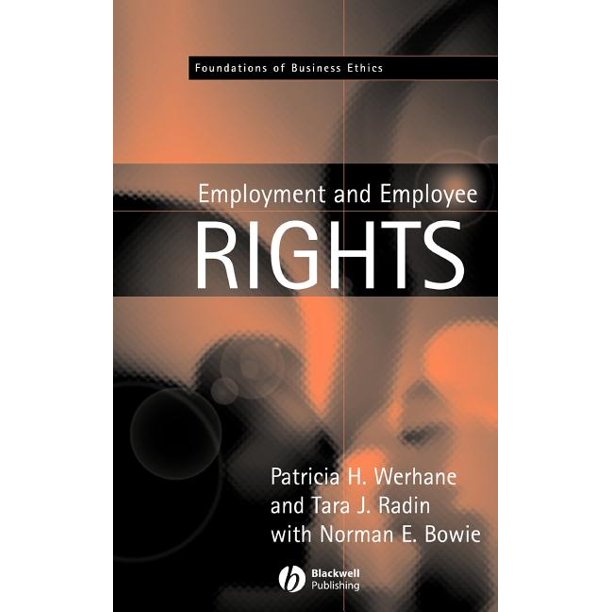We may earn a commission if you click on a product link and make a purchase at no additional cost to you. For more information, please see our disclosure policy.
Realizing the need for assistance with substance abuse often triggers significant anxiety. Concerns not only revolve around what to expect from rehab but also how seeking treatment might affect your personal and professional life. Many individuals grappling with addiction hesitate to discuss their situation with employers, fearing job loss. Fortunately, laws exist to safeguard your employment while you focus on your health.
Find a Treatment Program
Before discussing your addiction with your employer, decide on the most suitable treatment program. Consider if outpatient treatment aligns with your needs, or if an inpatient program, necessitating an on-campus stay, is preferable. List the factors critical to your treatment and research rehab facilities to find the best fit. For instance, Hotel California By The Sea caters specifically to business professionals, offering support and resources for balancing career and recovery. Additionally, explore abbeycarefoundation.com for a range of treatment options.
Know Your Rights
After selecting the treatment program that best suits your needs, it’s important to understand your rights as an employee. There are laws designed to protect your career while you seek treatment, including the Americans with Disabilities Act (ADA) and the Family Medical Leave Act (FMLA).
Navigating job security while in addiction recovery? Learn how ADA & FMLA protect you and explore treatment options for professionals. Secure your career as you heal. #RecoveryJourney #CareerStabilityClick To TweetThe Americans with Disabilities Act (ADA) protects employees from discrimination due to disabilities, including chemical dependencies like alcohol or painkiller addiction. This protection, however, applies only to legal substances.
Under the ADA, if you can perform your duties competently and meet the same standards as your colleagues, your employer cannot dismiss you due to alcohol addiction.
The Family Medical Leave Act (FMLA) allows employees up to 12 weeks of unpaid leave annually, with continued health
Talk to Your Employer
Discussing addiction with your employer can be challenging, yet it’s crucial for job retention and maintaining a positive reputation. To facilitate this sensitive conversation, consider these tips for approaching your supervisor:
- State the Facts – Addiction is certainly an emotional topic, however, you don’t need to go overboard with the emotion as you talk to your employer. Explain what the issue is, that you’ll need to go into treatment, and information about the rehab program you intend to participate in.
- Ask About Resources – to show that you’re being proactive; talking to your employer about resources or references of help that the company offers is a good idea. This may include counseling paid for by the company and other resources that can help improve your chances of fully recovering from addiction.
- Find Out What Your Responsibilities Are – Be sure that you find out which type of leave is best for you to take and what the next steps are. Your employer may ask you to delegate tasks to coworkers, complete certain projects before your leave, fill out the necessary paperwork, or retrieve documentation from a doctor. You want to have all your ducks in a row so that you don’t leave room for termination.
Dealing with addiction can be challenging. However, it’s certainly commendable that you’re taking the first steps toward healing. If you’re worried about the state of your job as you seek treatment, find comfort in knowing that there are laws in place to protect you. Conduct a bit of research about potential programs, learn your rights as an employee, and lastly talk with your employer right away so that you can come to some resolution while you’re in treatment.
This must-read book offers a clear and practical examination of workplace ethics, empowering readers to understand and navigate complex issues around employee rights, fairness, and employer accountability.
Joey Trebif is the pen name of Mark Fiebert, a former finance executive who hired and managed dozens of professionals during his 30-plus-year career. He now shares expert job search, resume, and career advice on CareerAlley.com.




